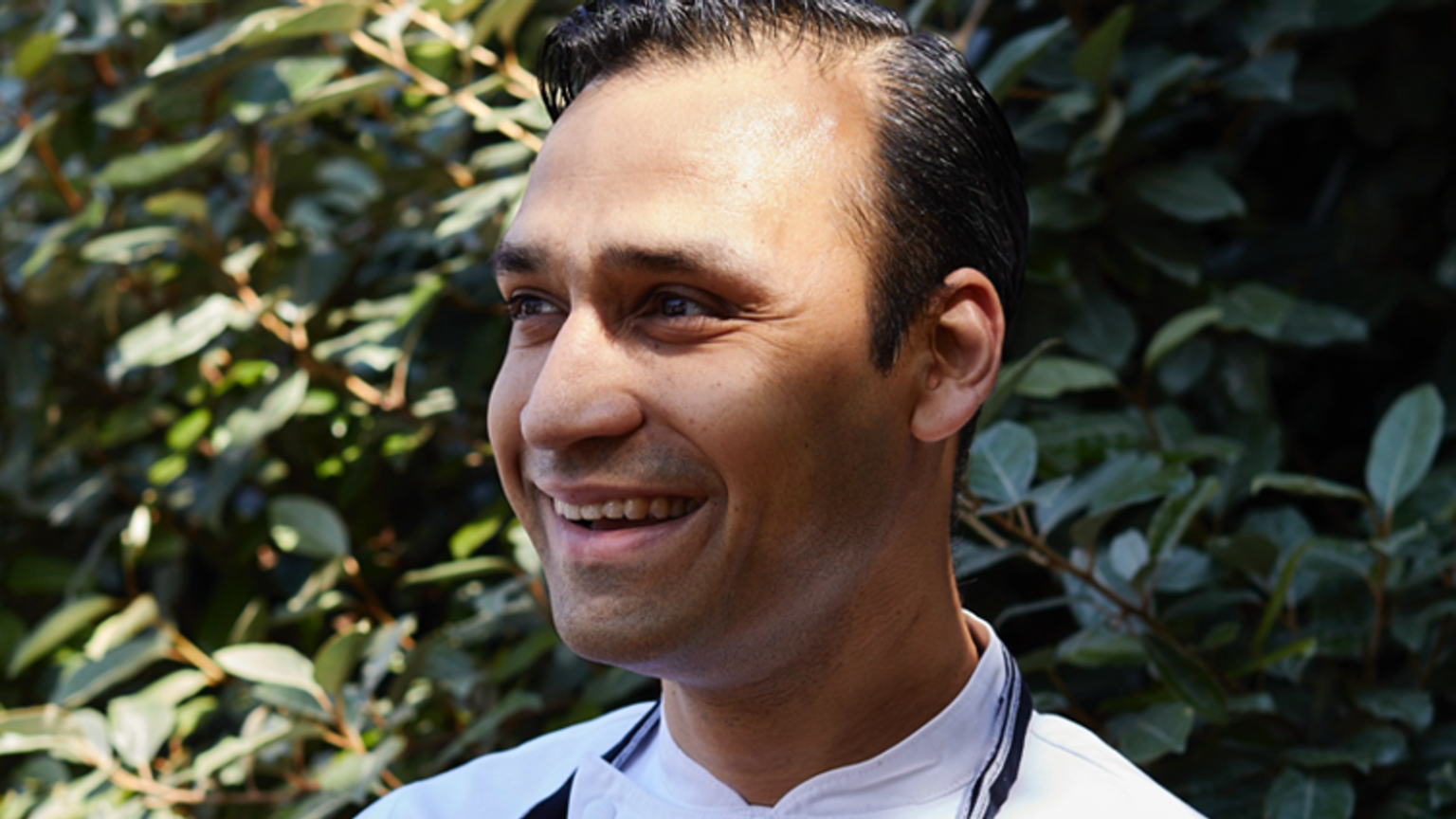Exploring Sustainable Cooking and Kitchen Wisdom with Chef Manoj Prasad
In a recent interview, Chef Manoj Prasad, the head of food development at Heartwood Collection, shared valuable insights into his approach to cooking, kitchen management, and sustainability. Chef Prasad emphasized the importance of reducing food waste, a philosophy deeply rooted in his culinary practice. His top tip for home cooks and professional chefs alike is to avoid buying pre-prepared, cut vegetables. Instead, he recommends purchasing whole vegetables, such as a whole cauliflower, which can be used in multiple ways. For instance, you can pan-fry or roast cauliflower steaks, or use the trimmings and stalk to make a cauliflower puree or crumble. This approach not only saves money but also minimizes food waste, a principle that is central to Chef Prasad’s culinary ethos.
The Challenges of Modern Kitchens and the Importance of Mentorship
Chef Prasad also highlighted one of the biggest mistakes he observes in modern kitchens: the rush for progress among young chefs. In an industry where career advancement often takes precedence over skill development, Chef Prasad believes that patience and dedication are essential for mastering the craft. He stressed the importance of learning from mentors and gaining hands-on experience, emphasizing that hospitality is a lifelong learning journey. "Every day, you can be taught something new or try a new ingredient or combination," he noted, encouraging young chefs to embrace the journey of continuous improvement. Chef Prasad also emphasized the role of senior management in creating a nurturing and positive work environment that fosters growth and development.
Culinary Heroes and Lessons Learned
When asked about his culinary heroes, Chef Prasad named two individuals who have had a profound impact on his career. The first is Raymond Blanc, whose commitment to producing exceptional food continues to inspire Chef Prasad. The second is Clive Fretwell, a mentor and father figure who has guided Chef Prasad since 2002. Clive taught him the importance of perseverance and not compromising on quality, lessons that Chef Prasad has passed on to his team. His advice to aspiring chefs is to remain consistent and humble, as repetition is key to mastering any craft. These values are evident in Chef Prasad’s approach to cooking and leadership.
Rethinking Work-Life Balance and Industry Norms
Chef Prasad also shared his thoughts on what he would change about the industry. One of his key concerns is the outdated belief that long hours in the kitchen are a measure of a chef’s dedication and skill. He believes that this mentality is detrimental to the well-being of kitchen staff and advocate for a better work-life balance. At Heartwood Collection, efforts are made to create a healthier work environment, allowing staff to spend time with their families and prioritize their physical and mental health. Chef Prasad hopes that the industry will move away from the traditional “long hours” culture and embrace more sustainable and humane practices.
Embracing Sustainability and Underrated Ingredients
Another area Chef Prasad is passionate about is sustainability in the kitchen. He encourages chefs and home cooks to explore underrated ingredients and sustainable alternatives to popular choices. For example, instead of relying on cod, salmon, and haddock, Chef Prasad suggests using more abundant and sustainable fish like trout, pollock, coley, and cuttlefish. Similarly, he advocates for using less common meat cuts, such as lamb shoulders or venison shoulders, which can be transformed into delicious dishes with the right techniques. By adopting these practices, chefs can reduce waste and create more innovative and sustainable menus. Chef Prasad believes that while change takes time, these shifts are essential for the future of the industry.
Favorite Restaurants and Cost-Effective Cooking Tips
When asked about a restaurant he would love to visit, Chef Prasad mentioned Bouchon Bistro by Thomas Keller, a chef he deeply admires for his philosophy of letting food take center stage. This approach resonates with Chef Prasad’s own cooking style, which emphasizes simplicity and respect for ingredients. To reduce costs and improve sustainability in his own kitchens, Chef Prasad has implemented several strategies. These include using energy-efficient equipment like induction hobs, minimizing waste by utilizing entire carcasses and vegetables, and transforming underrated cuts of meat into flavorful dishes. He also shared his favorite cost-effective substitutes, such as lamb shoulders, pork collars, and beef shins, which can be slow-cooked to deliver exceptional flavor. By embracing these practices, Chef Prasad demonstrates how sustainability and creativity can go hand in hand in the kitchen.















